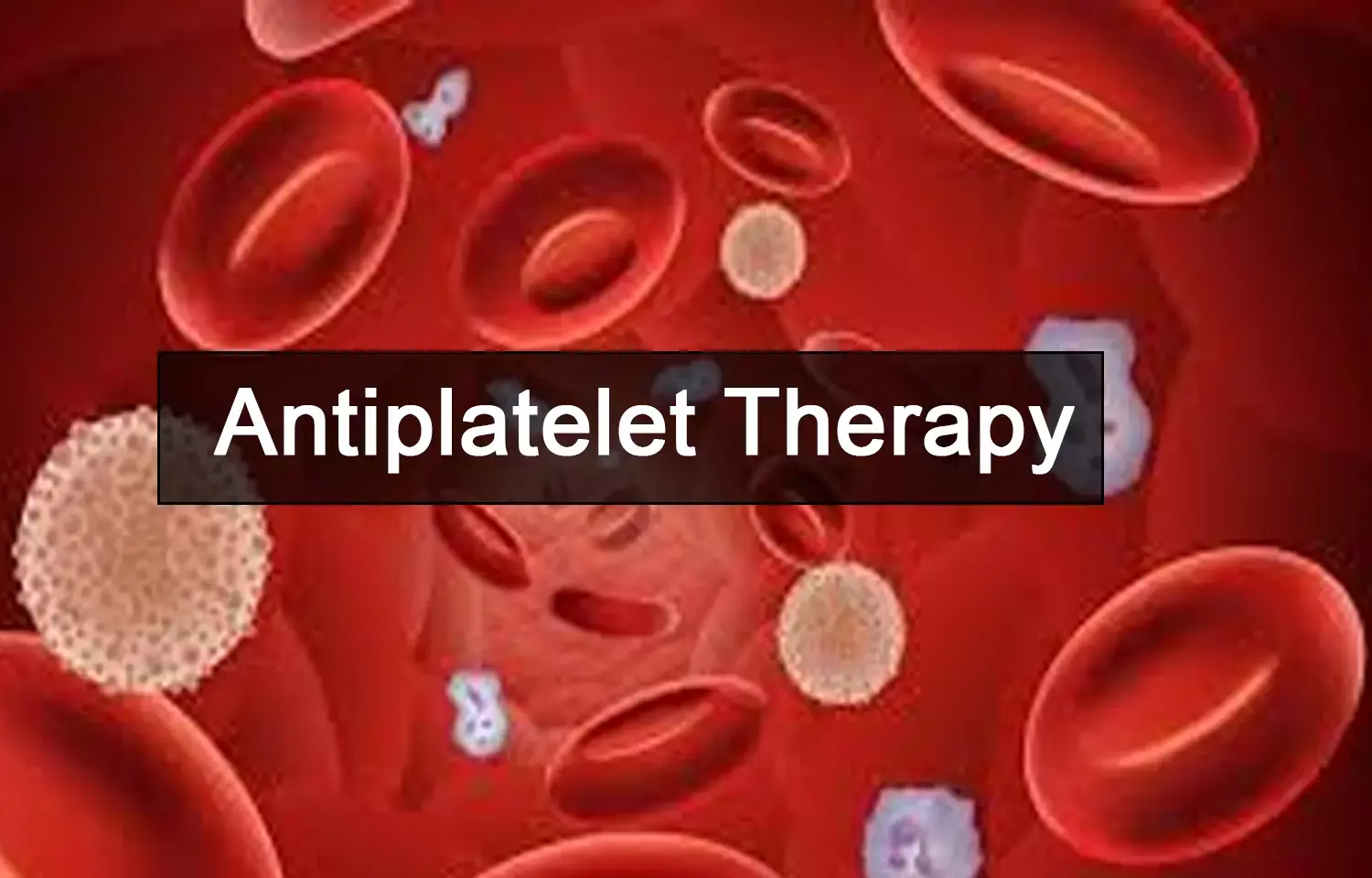- Home
- Medical news & Guidelines
- Anesthesiology
- Cardiology and CTVS
- Critical Care
- Dentistry
- Dermatology
- Diabetes and Endocrinology
- ENT
- Gastroenterology
- Medicine
- Nephrology
- Neurology
- Obstretics-Gynaecology
- Oncology
- Ophthalmology
- Orthopaedics
- Pediatrics-Neonatology
- Psychiatry
- Pulmonology
- Radiology
- Surgery
- Urology
- Laboratory Medicine
- Diet
- Nursing
- Paramedical
- Physiotherapy
- Health news
- Fact Check
- Bone Health Fact Check
- Brain Health Fact Check
- Cancer Related Fact Check
- Child Care Fact Check
- Dental and oral health fact check
- Diabetes and metabolic health fact check
- Diet and Nutrition Fact Check
- Eye and ENT Care Fact Check
- Fitness fact check
- Gut health fact check
- Heart health fact check
- Kidney health fact check
- Medical education fact check
- Men's health fact check
- Respiratory fact check
- Skin and hair care fact check
- Vaccine and Immunization fact check
- Women's health fact check
- AYUSH
- State News
- Andaman and Nicobar Islands
- Andhra Pradesh
- Arunachal Pradesh
- Assam
- Bihar
- Chandigarh
- Chattisgarh
- Dadra and Nagar Haveli
- Daman and Diu
- Delhi
- Goa
- Gujarat
- Haryana
- Himachal Pradesh
- Jammu & Kashmir
- Jharkhand
- Karnataka
- Kerala
- Ladakh
- Lakshadweep
- Madhya Pradesh
- Maharashtra
- Manipur
- Meghalaya
- Mizoram
- Nagaland
- Odisha
- Puducherry
- Punjab
- Rajasthan
- Sikkim
- Tamil Nadu
- Telangana
- Tripura
- Uttar Pradesh
- Uttrakhand
- West Bengal
- Medical Education
- Industry
Antiplatelet medicine may have potential as low-cost treatment for heart failure: Study

A new study has found that FDA-approved antiplatelet medication sarpogrelate significantly suppressed cardiomyocyte hypertrophy.
USA: According to preliminary animal research, an antiplatelet medication called sarpogrelate has the potential as a new heart failure treatment and could decrease health care costs associated with cardiovascular disease. The study findings were presented at the American Heart Association's virtual Basic Cardiovascular Sciences Scientific Sessions 2021 held from August 23-25.
The researchers however add that there is a need for additional research to determine if sarpogrelate may be an effective low-cost treatment for people with heart failure.
Cardiac hypertrophy is the abnormal enlargement, or thickening, of the muscles of the heart and can lead to heart failure. One way that cardiac hypertrophy occurs is when cardiomyocytes, the cells that are responsible for contracting the heart muscle, become thicker than normal. The thickened cells become stiff, reducing the amount of blood pumped out to the body with each contraction of the heart (heartbeat). This cellular contraction eventually leads to the progression of heart failure. Cardiac hypertrophy is the most common form of genetic heart disease, and it is estimated that 1 in every 500 people are affected, yet a large percentage are undiagnosed. People with cardiac hypertrophy are at higher risk of blood clots, stroke, heart failure, cardiac arrest, and other heart-related complications.
"Heart failure costs the United States billions each year in treatment, management, health care costs, and missed days of work. Additionally, the cost of new drug development increases every year," said Kana Shimizu, M.S., B.S.Pharm. is a Ph.D. student at the University of Shizuoka in Shizuoka, Japan. "We investigated whether existing, approved medicines could be repurposed as heart failure treatments at lower costs."
Researchers screened a variety of compounds that suppress cardiomyocyte hypertrophy and identified the antiplatelet medication sarpogrelate as a potential candidate. Sarpogrelate is a serotonin receptor antagonist that has been found to cause vasodilation, or widening of the blood vessels, as well as reduce cell damage.
This study examined the effects of sarpogrelate on cardiomyocyte hypertrophy and the development of heart failure in mice. First, cultured cardiomyocyte cells were treated with 1 microgram, or 1 μM, of sarpogrelate and then stimulated with various hypertrophic agents to induce cell growth. The sarpogrelate significantly suppressed cardiomyocyte hypertrophy induced by each stimulus.
Mice then underwent a transverse aortic constriction (TAC), a procedure that induces cardiac hypertrophy. One day after the operation, the mice were randomly divided into three groups: either an oral dose of sarpogrelate at 1 mg/kg or 5 mg/kg daily for eight weeks or the control group that did not receive sarpogrelate.
At the end of the eight-week study period, the mice who received 5 mg/kg of sarpogrelate daily were significantly less likely to develop heart failure after the TAC procedure. Echocardiographic analysis showed that the higher dose of sarpogrelate suppressed a TAC-induced increase in ventricular wall thickness and other measures of cardiac hypertrophy, such as the ratio of heart weight to body weight.
"These findings suggest that oral administration of this approved antiplatelet medication significantly suppresses cardiomyocyte hypertrophy and the development of heart failure in mice," said Shimizu. "Sarpogrelate may be an effective, low-cost agent for heart failure therapy, however, more research is needed to understand the mechanisms of this medication and the protein or proteins it targets to inhibit the thickening of the cardiac cells."
Hina Zahid Joined Medical Dialogue in 2017 with a passion to work as a Reporter. She coordinates with various national and international journals and association and covers all the stories related to Medical guidelines, Medical Journals, rare medical surgeries as well as all the updates in the medical field. Email: editorial@medicaldialogues.in. Contact no. 011-43720751
Dr Kamal Kant Kohli-MBBS, DTCD- a chest specialist with more than 30 years of practice and a flair for writing clinical articles, Dr Kamal Kant Kohli joined Medical Dialogues as a Chief Editor of Medical News. Besides writing articles, as an editor, he proofreads and verifies all the medical content published on Medical Dialogues including those coming from journals, studies,medical conferences,guidelines etc. Email: drkohli@medicaldialogues.in. Contact no. 011-43720751


